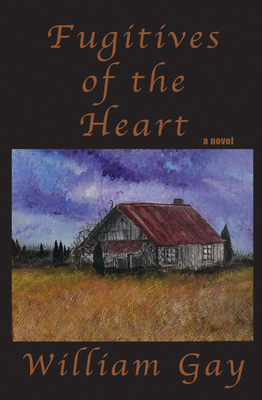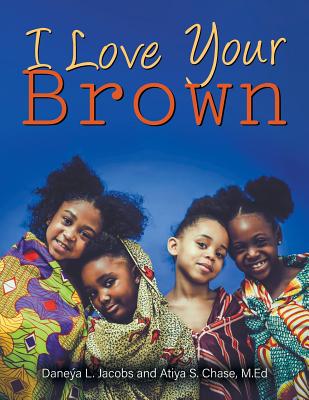
Pike, John
product information
description
7The 'Defenestration of Prague', the coup d'etat staged by Protestant Bohemian nobles against officials of the Hapsburg Emperor triggered the Thirty Years War. When Habsburg Spain intervened in support of their Holy Roman Emperor relative, what had started as a localized political and religious dispute in Germany, transformed into a European and global conflict.
In seeking to exploit the Bohemian revolt, Spanish Habsburg revanchist ambitions directed by the Spanish Count of Olivarez at the economically powerful Dutch Republic were allied with the Habsburg Emperor's counter-reformation ambitions. After the Bohemian defeat at the White Mountain in 1620 the war widened as the Dutch Republic, England, Transylvania, Denmark, Sweden, and Richelieu's France all intervened to roll back Habsburg hegemony and restore the balance power.
There was extensive fighting across the globe, as the Dutch and English sought to challenge the Spanish Habsburg global monopoly. These colonial wars were a major factor in the Iberian revolutions with brought down the Habsburg Imperium. Professor Charles Boxer called it: "the first world war".
It was a tragic war of attrition but also an epic story of remarkable individuals including the 'titans' of the era, Imperial General Wallenstein, warrior King Gustavus, sinister Count Olivarez, and the masters of international intrigue, realpolitik and diplomacy- Cardinals Richelieu and Mazarin. Above all there were the decisive victories of the under-sung military genius of the era, Lennart Torstensson.
The Treaties of Westphalia followed a war which not only changed the global balance of power, but accelerated over thirty years the transformation of the European continent from a world characterized by dynasties and the medieval concept of United Christendom to a European order that was recognizably modern.
In seeking to exploit the Bohemian revolt, Spanish Habsburg revanchist ambitions directed by the Spanish Count of Olivarez at the economically powerful Dutch Republic were allied with the Habsburg Emperor's counter-reformation ambitions. After the Bohemian defeat at the White Mountain in 1620 the war widened as the Dutch Republic, England, Transylvania, Denmark, Sweden, and Richelieu's France all intervened to roll back Habsburg hegemony and restore the balance power.
There was extensive fighting across the globe, as the Dutch and English sought to challenge the Spanish Habsburg global monopoly. These colonial wars were a major factor in the Iberian revolutions with brought down the Habsburg Imperium. Professor Charles Boxer called it: "the first world war".
It was a tragic war of attrition but also an epic story of remarkable individuals including the 'titans' of the era, Imperial General Wallenstein, warrior King Gustavus, sinister Count Olivarez, and the masters of international intrigue, realpolitik and diplomacy- Cardinals Richelieu and Mazarin. Above all there were the decisive victories of the under-sung military genius of the era, Lennart Torstensson.
The Treaties of Westphalia followed a war which not only changed the global balance of power, but accelerated over thirty years the transformation of the European continent from a world characterized by dynasties and the medieval concept of United Christendom to a European order that was recognizably modern.
member goods
No member items were found under this heading.
listens & views

LOCAL CUSTOMS: LONE STAR LOWLANDS ...
by LOCAL CUSTOMS: LONE STAR LOWLANDS / VARIOUS
VINYL LPout of stock
$27.99
Return Policy
All sales are final
Shipping
No special shipping considerations available.
Shipping fees determined at checkout.






